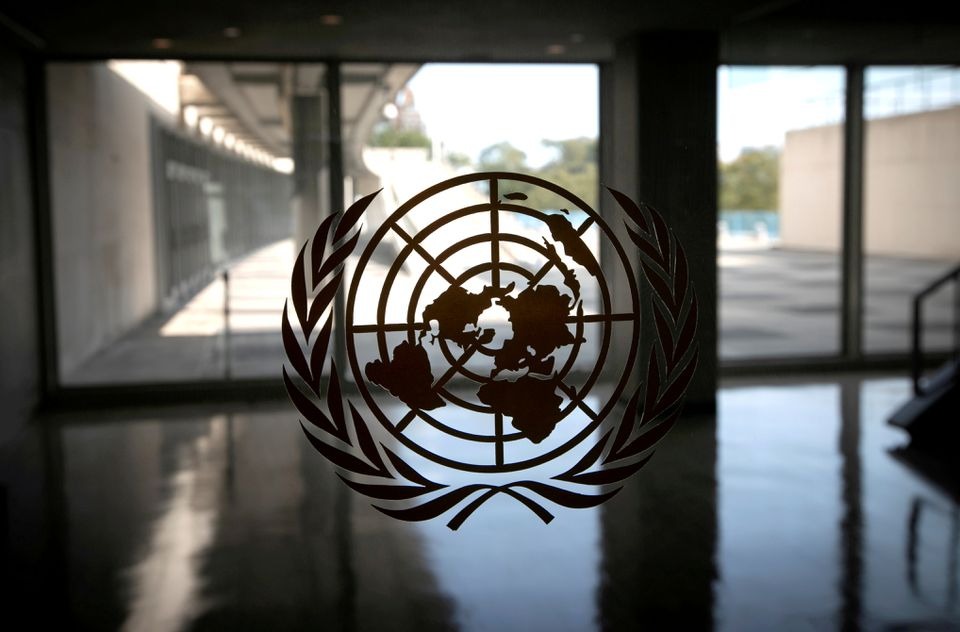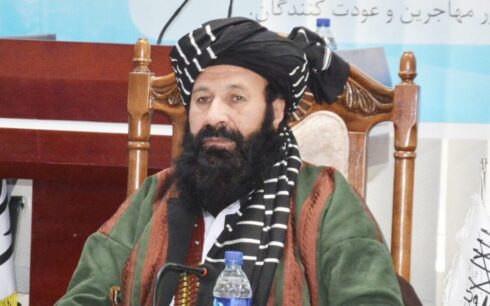The United Nations is ready to take the “heartbreaking” decision to pull out of Afghanistan in May if it can’t persuade the Taliban to let local women work for the organization, the head of the UN Development Program said as quoted by the Associated Press.
UN officials are negotiating with the Afghan government in the hope that it will make exceptions to an edict this month barring local women from working for the organization, UNDP Administrator Achim Steiner said as quoted by The Associated Press.
“It is fair to say that where we are right now is the entire United Nations system having to take a step back and reevaluating its ability to operate there,” Steiner said. “But it’s not about negotiating fundamental principles, human rights.”
Steiner said the Taliban have allowed Afghan women to engage in some work, adding that a UN report released Tuesday shows that the country desperately needs more women working, with its economy flailing.
“I think there is no other way of putting it than heartbreaking,” Steiner said. “I mean, if I were to imagine the U.N. family not being in Afghanistan today, I have before me these images of millions of young girls, young boys, fathers, mothers, who essentially will not have enough to eat.”
A source of faint optimism is the Taliban’s allowing women to work in specific circumstances in health, education and some small businesses.
“In one sense, the de facto authorities have enabled the U.N. to roll out a significant humanitarian and also emergency development assistance set of activities,” Steiner said. “But they also continuously are shifting the goalposts, issuing new edicts.”
Quoted by the Associated Press, a Taliban spokesman for the Economy Ministry, Abdul Rahman Habib, said that international banking restrictions, the halt in humanitarian assistance and climate change explain the country’s poverty rate and poor economy.
“Our future plans and priorities are developing the agricultural and industrial sectors as well as mining extraction, supporting domestic business and domestic products, more focus on exports, attracting domestic and foreign investors, creating special economic zones and much more,” Habib said.
Taliban has already banned women from attending universities and secondary schools are closed for girls. Meanwhile, women are not allowed to work in non-governmental organizations in the country.
“This is a very fundamental moment that we’re approaching,” Steiner said. “And obviously our hope and expectation is that there will be some common sense prevailing.”
The 3,300 Afghans employed by the UN — 2,700 men and 600 women — have stayed home since April 12 but continue to work and will be paid, UN spokesman Stephane Dujarric has said. The UN’s 600 international staff, including 200 women, are not affected by the Taliban ban.





